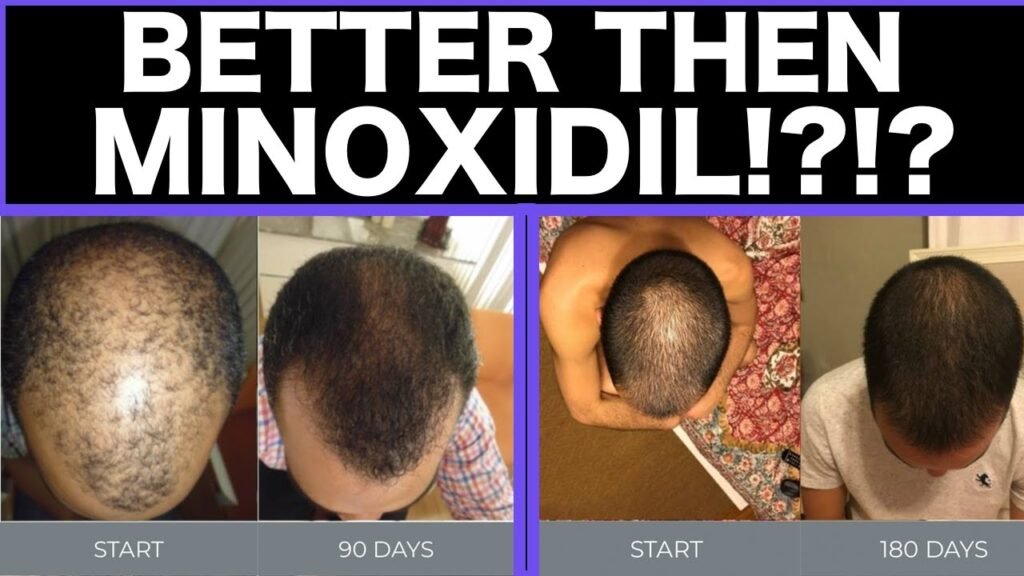Complete comparison of Minoxidil vs hair growth serum
When exploring hair restoration options, many individuals find themselves choosing between Minoxidil and various hair growth serums. Understanding the differences in their formulations, mechanisms of action, and effectiveness is crucial for making an informed decision. Minoxidil is a well-known, FDA-approved medication specifically formulated to treat hair loss and promote regrowth. Available in both topical solutions and foam, it works by stimulating hair follicles and improving blood flow to the scalp, thereby encouraging hair growth. In contrast, hair growth serums often consist of a blend of vitamins, botanical extracts, and peptides aimed at nourishing the scalp and strengthening existing hair.
Effectiveness and Usage
The effectiveness of Minoxidil has been extensively researched and documented, making it a reliable choice for those suffering from androgenetic alopecia or other forms of hair thinning. Users typically notice visible results within three to six months of consistent use. On the other hand, the efficacy of hair growth serums can vary significantly based on their ingredients. While some users report improved hair thickness and reduced shedding, others may not experience noticeable changes. Hair growth serums are generally designed for broader use, catering to individuals seeking to enhance overall hair health rather than addressing specific medical conditions.
Side Effects and Considerations
When comparing Minoxidil and hair growth serums, potential side effects are an important consideration. Minoxidil is known to cause side effects such as scalp irritation, itching, or unwanted facial hair growth in some users. Its crucial for users to follow application instructions carefully and consult with healthcare professionals if they experience adverse reactions. Hair growth serums, typically composed of natural ingredients, are generally considered safer with fewer reported side effects. However, its essential to review product labels for allergens or irritants, especially for those with sensitive skin or specific allergies.


